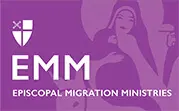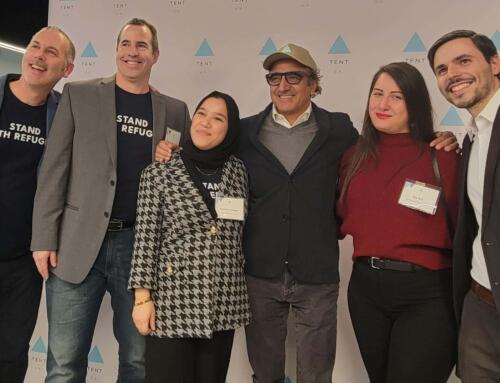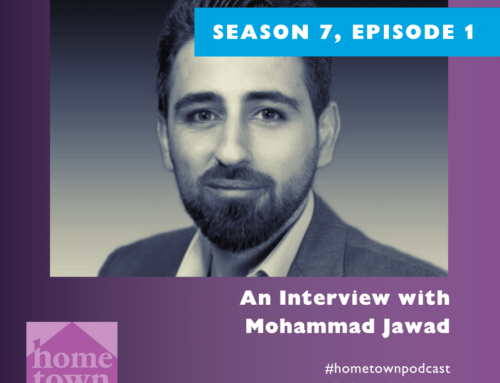Prepared by Protecting Immigrant Families Campaign staff
What is public charge?
“Public charge” or the “public charge test” is used by immigration officials to decide whether a person can enter the U.S. or get lawful permanent resident (LPR) status. In this test, officials look at all a person’s circumstances, including income, employment, health, education or skills, family situation, and whether a sponsor signed a contract (“affidavit of support”) promising to support the person. Officials can also look at whether a person has used specific benefit programs. The public charge test does not apply to people with LPR status who are applying for U.S. citizenship.
How are public charge decisions made?
When a person applies to become an LPR, immigration officials look at all the person’s circumstances to determine if the person is likely to use one or more of the following benefits in the future:
- cash assistance (Temporary Assistance for Needy Families, Supplemental Security Income, or state or local cash assistance like General Relief)
- Supplemental Nutrition Assistance Program (also known as SNAP, food stamps, or EBT)
- public housing or Section 8 housing assistance
- Medicaid (except for emergency services, children under 21, pregnant women, and new mothers (for 60 days))
Immigration officials consider the person’s age, health, family and financial status, education, and skills. If the immigration official determines that the person is likely to become a public charge in the future, the official can refuse to grant the person’s application to enter the U.S. or get LPR status.
For immigrants applying from inside the U.S. On August 14, 2019, the Trump administration published a new rule that changes the definition of “public charge” from a person primarily dependent on the government for support to a person who is likely to use one or more of the government programs listed above. The rule also adds specific details about how immigration officials will take into account the applicant’s income, health, age, education, and family status. Immigration officials may not start applying the new rule until October 15, 2019.
- Health, nutrition, and housing benefits used before October 15, 2019, cannot be considered by immigration officials in a public charge test.
- Programs used by your U.S. citizen children cannot be used against you in the public charge inadmissibility test, with the possible exception of cash assistance that is your family’s primary source of income.
For immigrants applying from outside the U.S. In January 2018, the U.S. State Department revised its Foreign Affairs Manual (FAM) section on public charge. The FAM provides guidance to government officers at U.S. embassies and consulates who decide whether to grant a person permission to enter the U.S. The new instructions do not change the definition of public charge but allow for consideration of other factors, such as the use of public benefits by applicants, their family members, and/or their sponsors. NOTE: We anticipate that public charge decisions for immigrants applying from outside the U.S. will be updated to look more like the changes described above.
Resources
- Immigrant Legal Resource Center Toolkit – This toolkit will assist education and outreach workers presenting information to community members. The goal is to spread accurate information about what the law is and who is impacted. These resources will enable community organizations to provide information in community forums and at community events so that families can make good decisions for their families.
- Let’s Talk About Public Charge – This resource from CLINIC is designed to help immigrants, mixed-status families, and communities understand the core elements of public charge.
- Getting the Help You Need – This resource from CLINIC is designed for people that work directly with immigrant families to help them understand whether they are subject to public charge.
- You Have Rights: Protect Your Health (NEW LANGUAGES) – We are happy to share new translated copies of this resource. Available in Spanish, French, Chinese, Arabic and more languages coming soon. This CLINIC resource is designed to help mixed-status families know more about their rights when it comes to going to the doctor or enrolling in health insurance.




